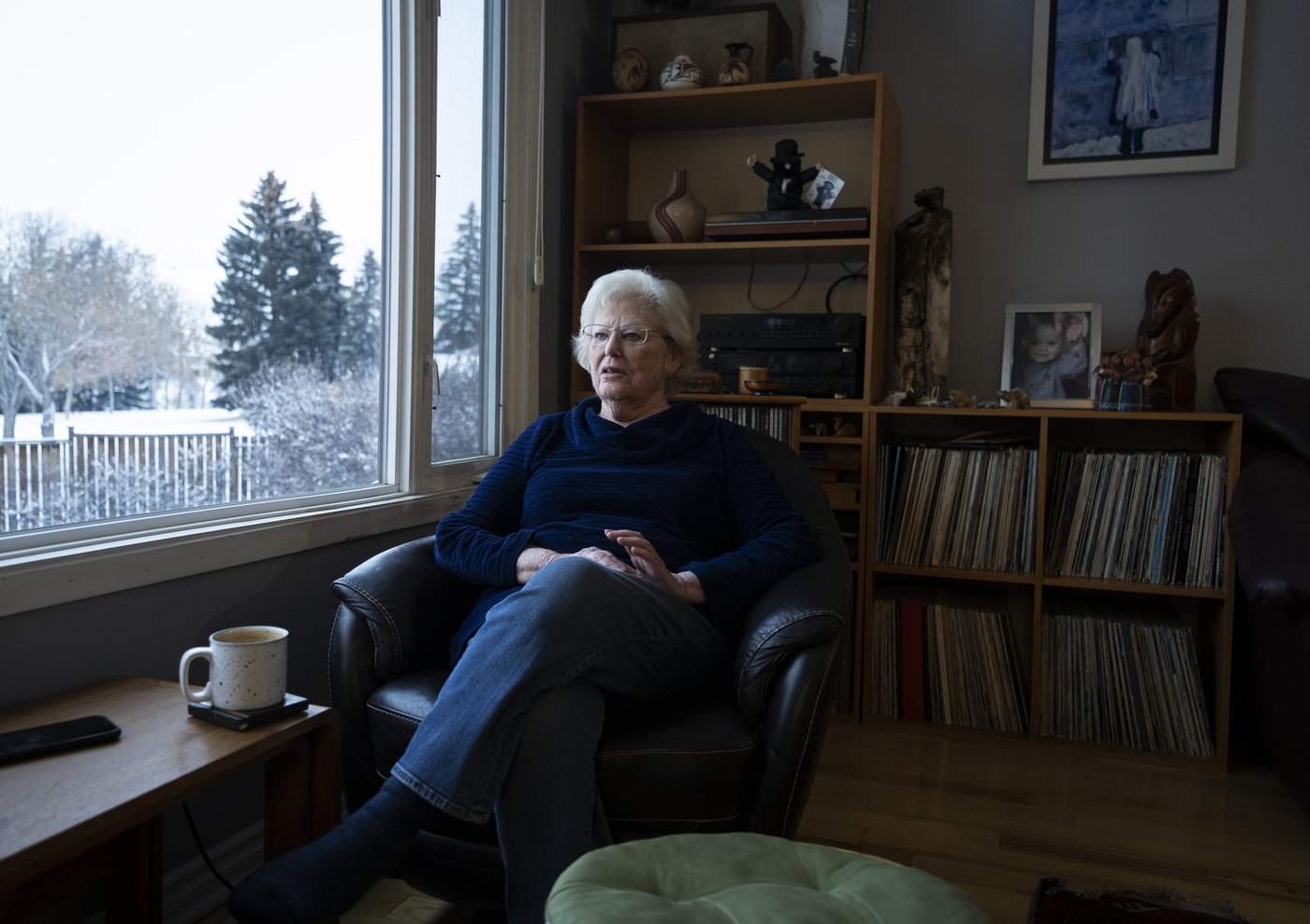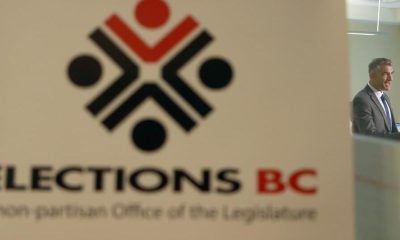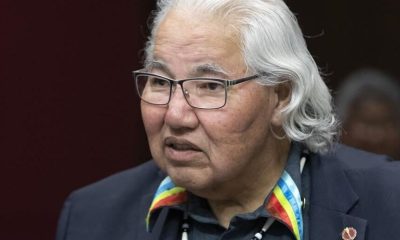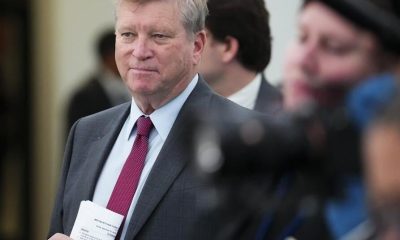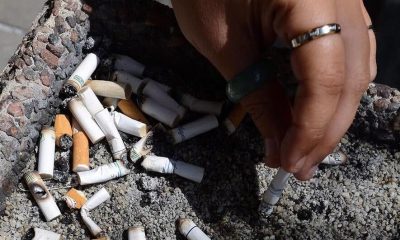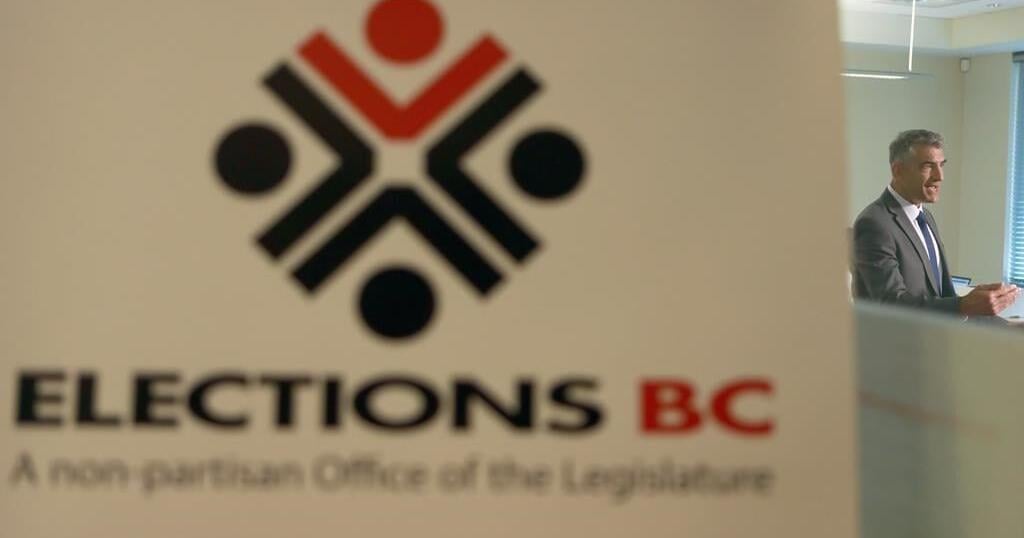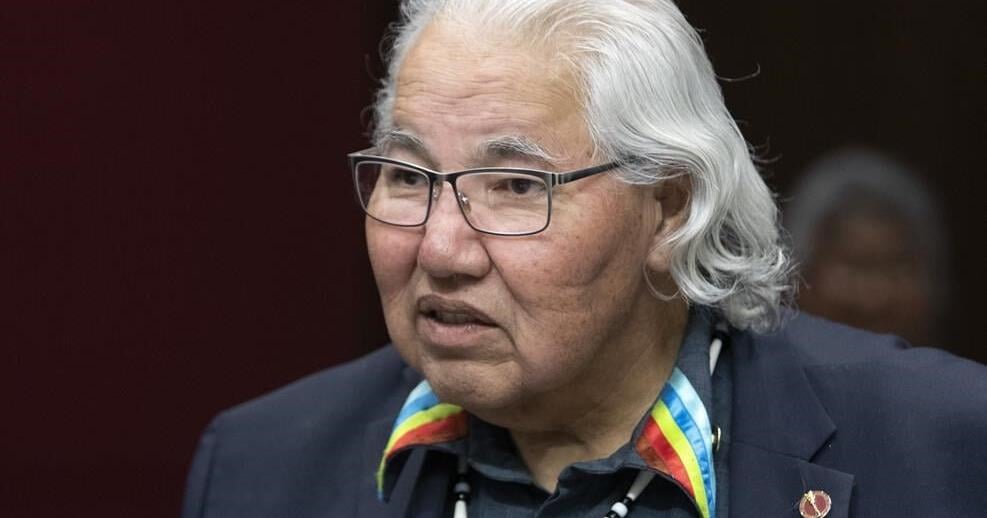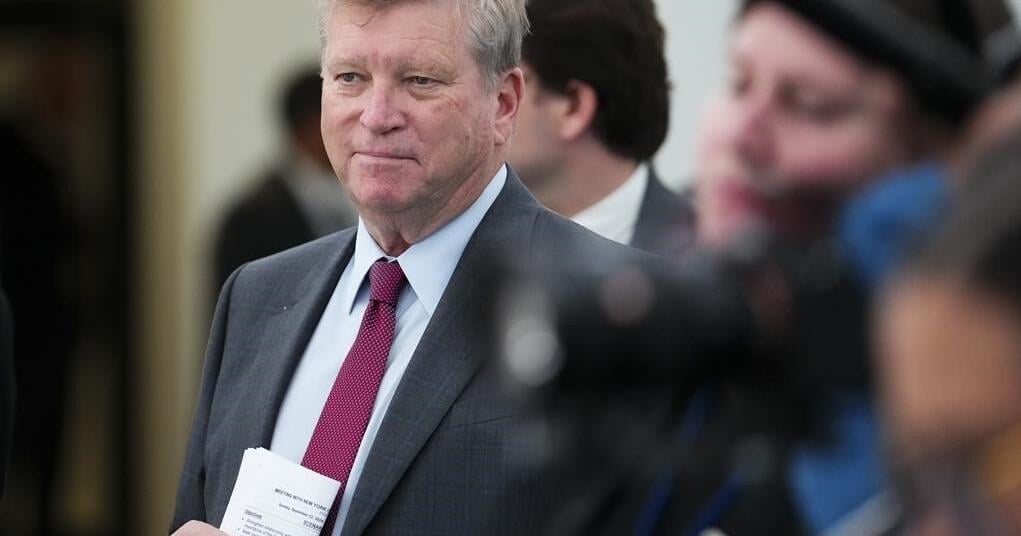Premier David Eby is proposing an all-party committee investigate mistakes made during the British Columbia election vote tally, including an uncounted ballot box and unreported votes in three-quarters of the province’s 93 ridings.
The proposal comes after B.C.’s chief electoral officer blamed extreme weather, long working hours and a new voting system for human errors behind the mistakes in last month’s count, though none were large enough to change the initial results.
Anton Boegman says the agency is already investigating the mistakes to “identify key lessons learned” to improve training, change processes or make recommendations for legislative change.
He says the uncounted ballot box containing about 861 votes in Prince George-Mackenzie was never lost, and was always securely in the custody of election officials.
Boegman says a failure in five districts to properly report a small number of out-of-district votes, meanwhile, rippled through to the counts in 69 ridings.
Eby says the NDP will propose that a committee examine the systems used and steps taken by Elections BC, then recommend improvements in future elections.
“I look forward to working with all MLAs to uphold our shared commitment to free and fair elections, the foundation of our democracy,” he said in a statement Tuesday, after a news conference by Boegman.
Boegman said if an independent review does occur, “Elections BC will, of course, fully participate in that process.”
He said the mistakes came to light when a “discrepancy” of 14 votes was noticed in the riding of Surrey-Guildford, spurring a review that increased the number of unreported votes there to 28.
Surrey-Guildford was the closest race in the election and the NDP victory there gave Eby a one-seat majority. The discovery reduced the NDP’s victory margin from 27 to 21, pending the outcome of a judicial review that was previously triggered because the race was so close.
The mistakes in Surrey-Guildford resulted in a provincewide audit that found the other errors, Boegman said.
“These mistakes were a result of human error. Our elections rely on the work of over 17,000 election officials from communities across the province,” he said.
“Election officials were working 14 hours or more on voting days and on final voting day in particular faced extremely challenging weather conditions in many parts of the province.
“These conditions likely contributed to these mistakes,” he said.
B.C.’s “vote anywhere” model also played a role in the errors, said Boegman, who said he had issued an order to correct the results in the affected ridings.
Boegman said the uncounted Prince George-Mackenzie ballot box was used on the first day of advance voting. Election officials later discovered a vote hadn’t been tabulated, so they retabulated the ballots but mistakenly omitted the box of first-day votes, only including ballots from the second day.
Boegman said the issues discovered in the provincewide audit will be “fully documented” in his report to the legislature on the provincial election, the first held using electronic tabulators.
He said he was confident election officials found all “anomalies.”
B.C. Conservative Party Leader John Rustad had said on Monday that the errors were “an unprecedented failure by the very institution responsible for ensuring the fairness and accuracy of our elections.”
Rustad said he was not disputing the outcomes as judicial recounts continue, but said “it’s clear that mistakes like these severely undermine public trust in our electoral process.”
Rustad called for an “independent review” to make sure the errors never happen again.
Boegman, who said the election required fewer than half the number of workers under the old paper-based system, said results for the election would be returned in 90 of the province’s 93 ridings on Tuesday.
Full judicial recounts will be held in Surrey-Guildford and Kelowna-Centre, while a partial recount of the uncounted box will take place in Prince George-Mackenzie.
Boegman said out-of-district voting had been a part of B.C.’s elections for many decades, and explained how thousands of voters utilized the province’s vote-by-phone system, calling it a “very secure model” for people with disabilities.
“I think this is a unique and very important part of our elections, providing accessibility to British Columbians,” he said. “They have unparalleled access to the ballot box that is not found in other jurisdictions in Canada.”
This report by The Canadian Press was first published Nov. 5, 2024.

